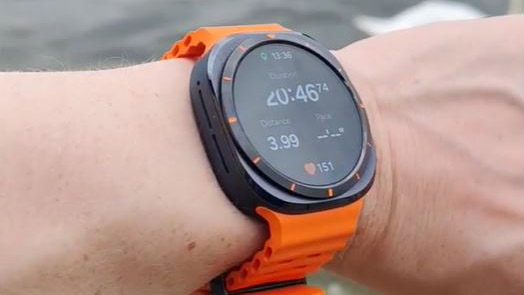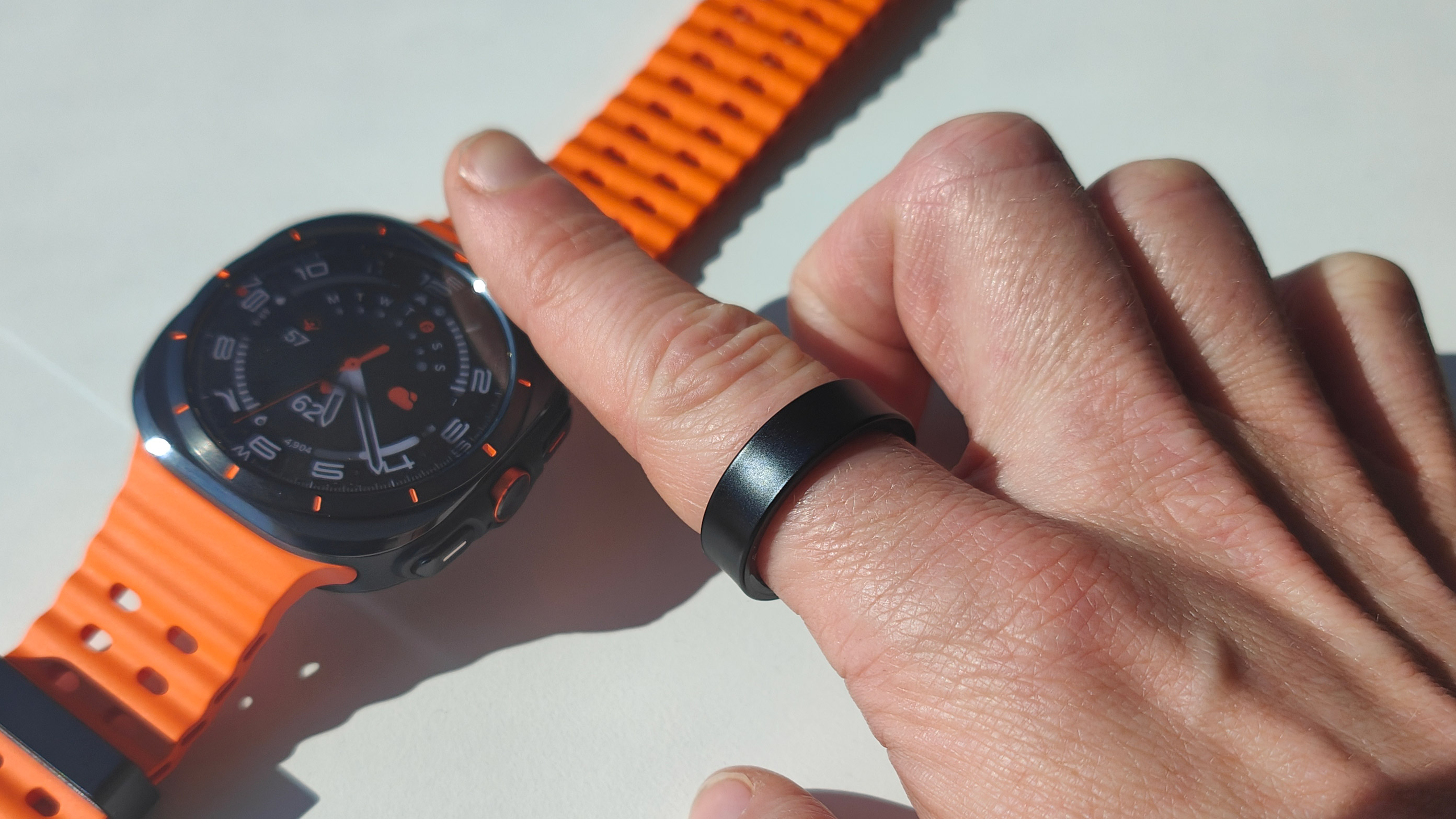
Samsung is testing a new battery technology for its wearable devices that could give its Galaxy Watch and Galaxy Ring models the best battery life on the market.
The maker of the Samsung Galaxy Watch 7, Samsung Galaxy Watch Ultra, and the new Samsung Galaxy Ring has reportedly developed "the world's first ultra-small all-solid-state battery for wearable devices." That's according to a report from Business Korea, which says the tech has been dubbed a "dream battery."
The news states that Samsung Electro-Mechanics has created an all-solid-state battery for wearables with an energy density of 200Wh/L, the highest in the industry.
Higher density means higher capacity, which in turn means longer battery life for daily use, fitness tracking, and beyond. BK reports that Samsung is evaluating its battery with corporate customers right now, and that it could begin mass production in the first half of 2026. Specifically, the report names the Galaxy Ring, Galaxy Watch, and Galaxy Buzz as the first wearable devices expected to benefit.
Samsung's solid-state revelation

The introduction of solid-state battery tech to Samsung's wearables would be a real shakeup for the wearables industry, but it's not the only company with its eyes on the prize.
Earlier this year, Apple supplier TDK reported its own breakthrough in the technology, which it says could offer battery capacities around 100 times greater than existing technologies.
While the capacity and battery-life benefits are obvious, there are other clear bonuses. Solid-state batteries charge much faster than traditional batteries, and they offer more flexibly in terms of their design, so they can be applied to a wealth of different technologies of all shapes and sizes – hence the aforementioned application in devices like the Galaxy Ring as well as the best smartwatches.
As it stands, unless you're using one of the best Garmin watches on the market, your average smartwatch (such as the Apple Watch Series 10 or Galaxy Watch 7) will struggle to get you through 24 hours of use. As we come to rely more on wearable devices for health and well-being, including vital protection against heart problems and sleep apnea, the need for more reliable and longer-lasting devices will grow exponentially. The first company to crack solid-state wearable batteries, be it Samsung, Apple, or someone else, will definitely have a huge advantage.







